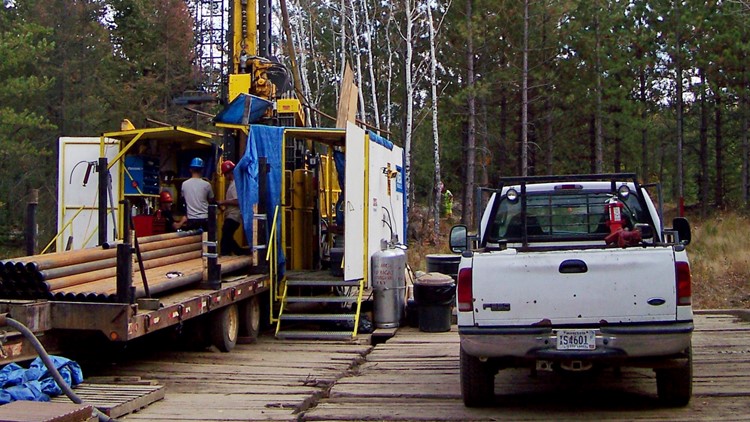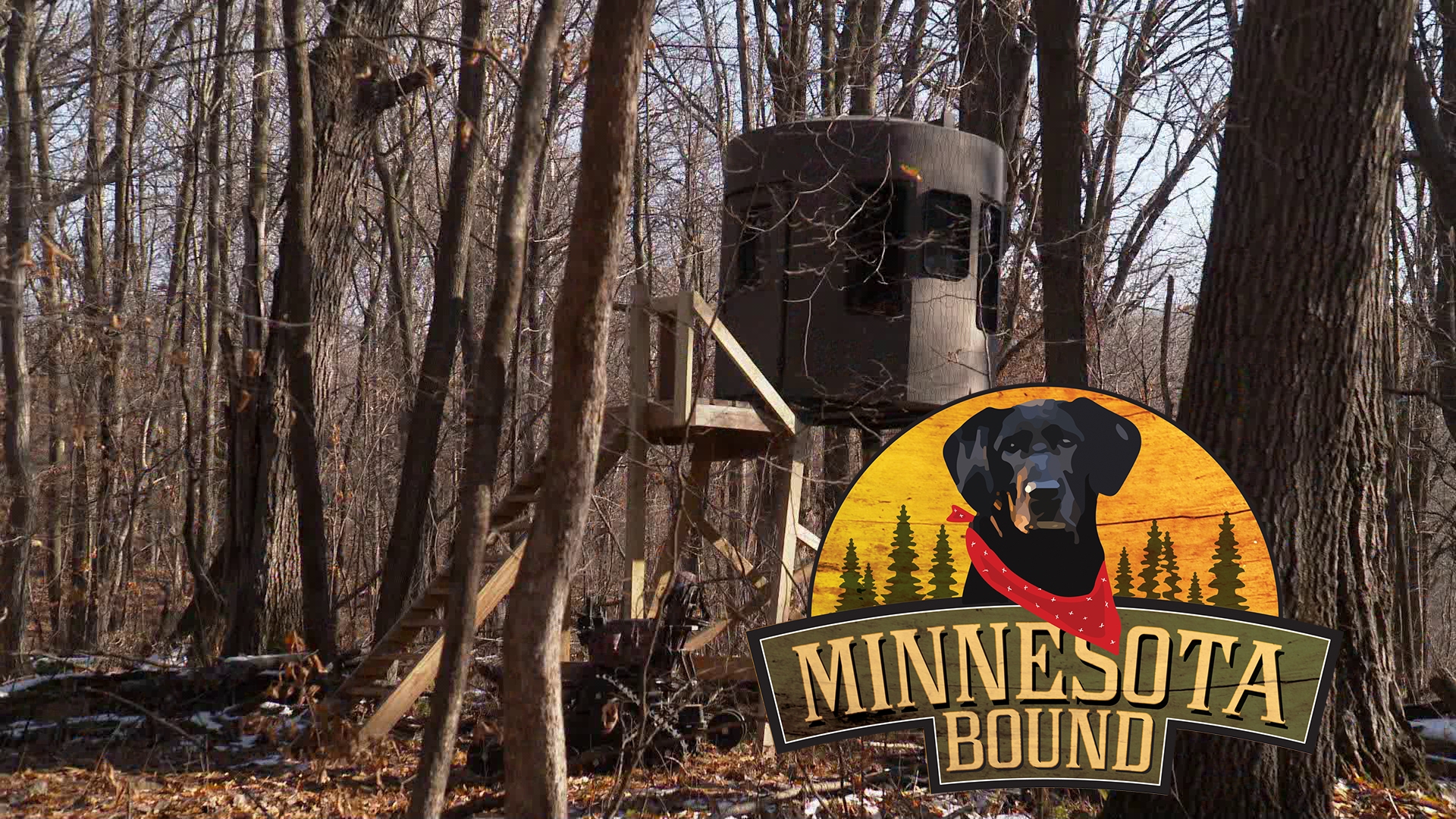ELY, Minn. — The Minnesota Department of Natural Resources says it will review the environmental impact of a proposed copper-nickel mine near the Boundary Waters independently from federal agencies.
Because the Twin Metals proposal requires both a federal and state Environmental Impact Statement (EIS), there is an option to prepare them jointly or separately.
On Friday, DNR Commissioner Sarah Strommen said the DNR believes that pursuing an independent state review is the way to “best ensure the credibility and transparency and thoroughness of our process."
The EIS would only be required after Twin Metals submits a proposal for a new mining operation, which is expected to happen in December of this year. Their proposed mine site is near Ely, on the shores of Birch Lake, in a watershed that flows into the Boundary Waters Canoe Area Wilderness.
In 2018, the Trump administration canceled a proposed 20-year ban on mining in the BWCA. And this year, it renewed mineral rights leases for Twin Metals.
The DNR said the primary reason for remaining independent is that the federal process is going to be complicated by “additional factors,” like federal leases that they don’t need to address at the state level.
“I will also say that we do have some questions about the path to aligning our processes, in particular given the president’s executive order regarding environmental review," Strommen added.
The DNR says when it informed the Department of Interior and Twin Metals of the decision, the agencies were “appreciative of us notifying them and they expressed a desire to work cooperatively with us going forward.”
Strommen says the DNR will coordinate closely with whatever federal agency conducts the EIS, and try to avoid duplication.
“It’s really about identifying and evaluating the potential environmental effects of a project, exploring project alternatives and potential mitigation for the impact," said the DNR's Deputy Commissioner Barb Naramore.
Naramore said the state would rely most heavily on its own EIS to make decisions about permits, and presumably the feds would rely more heavily on theirs.
"If there was some kind of fundamentally different conclusion, we would seek to reconcile that during the course of the EIS process," she said.



